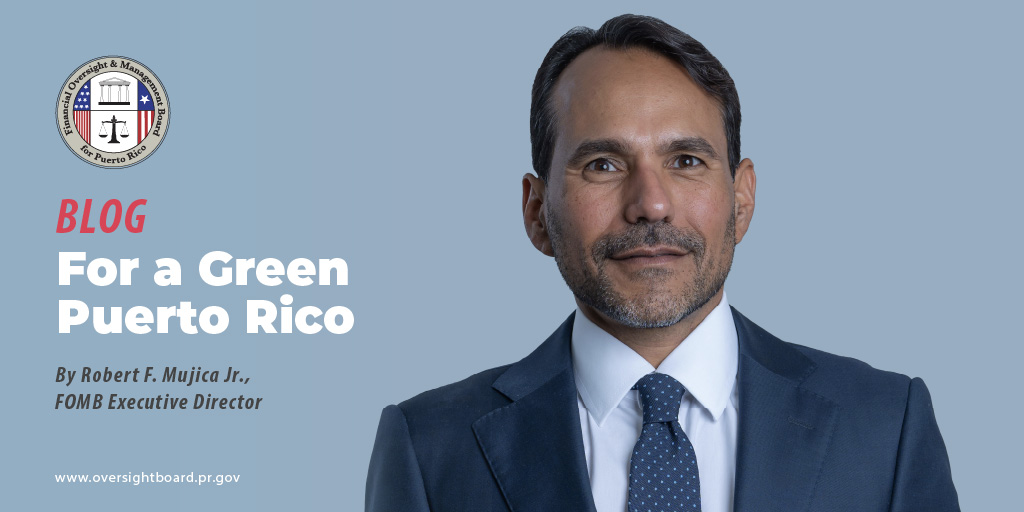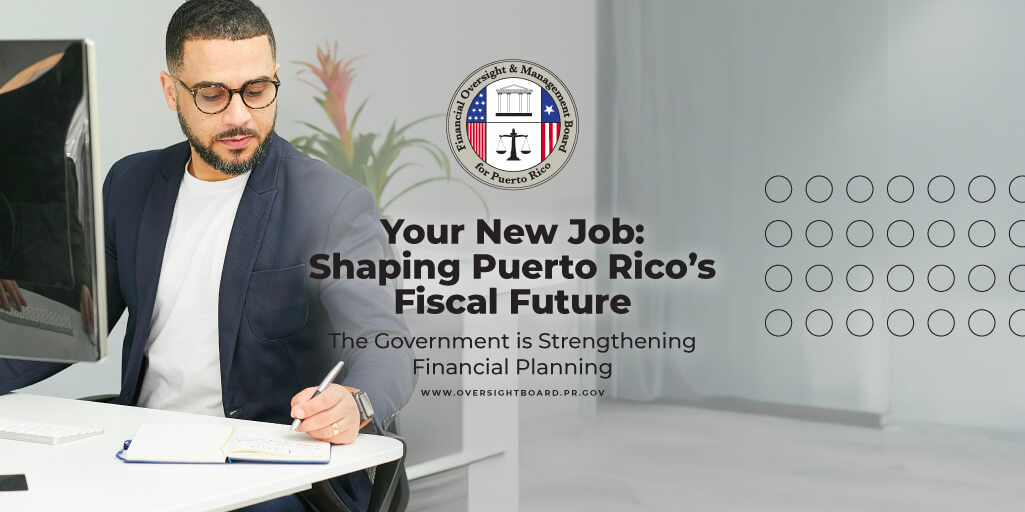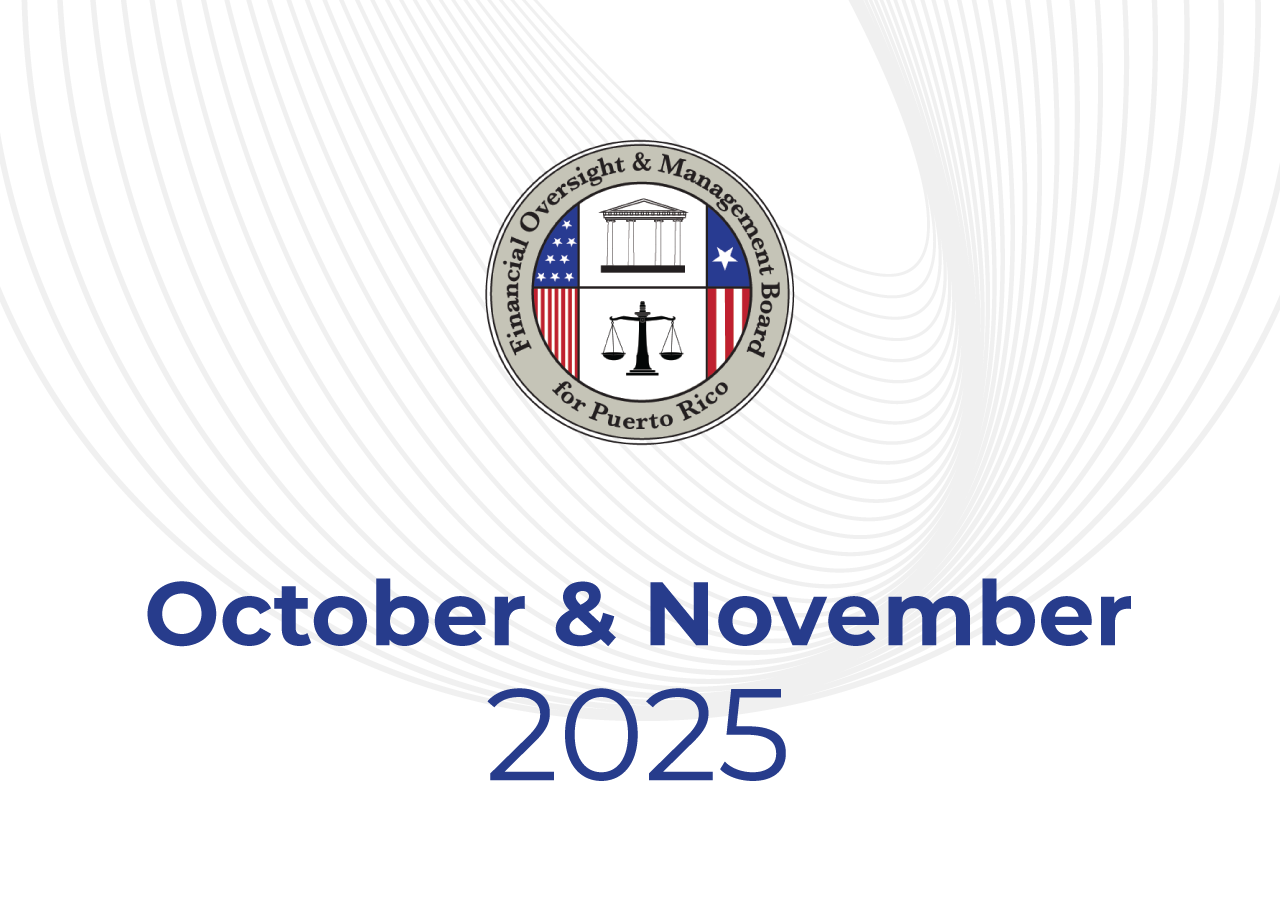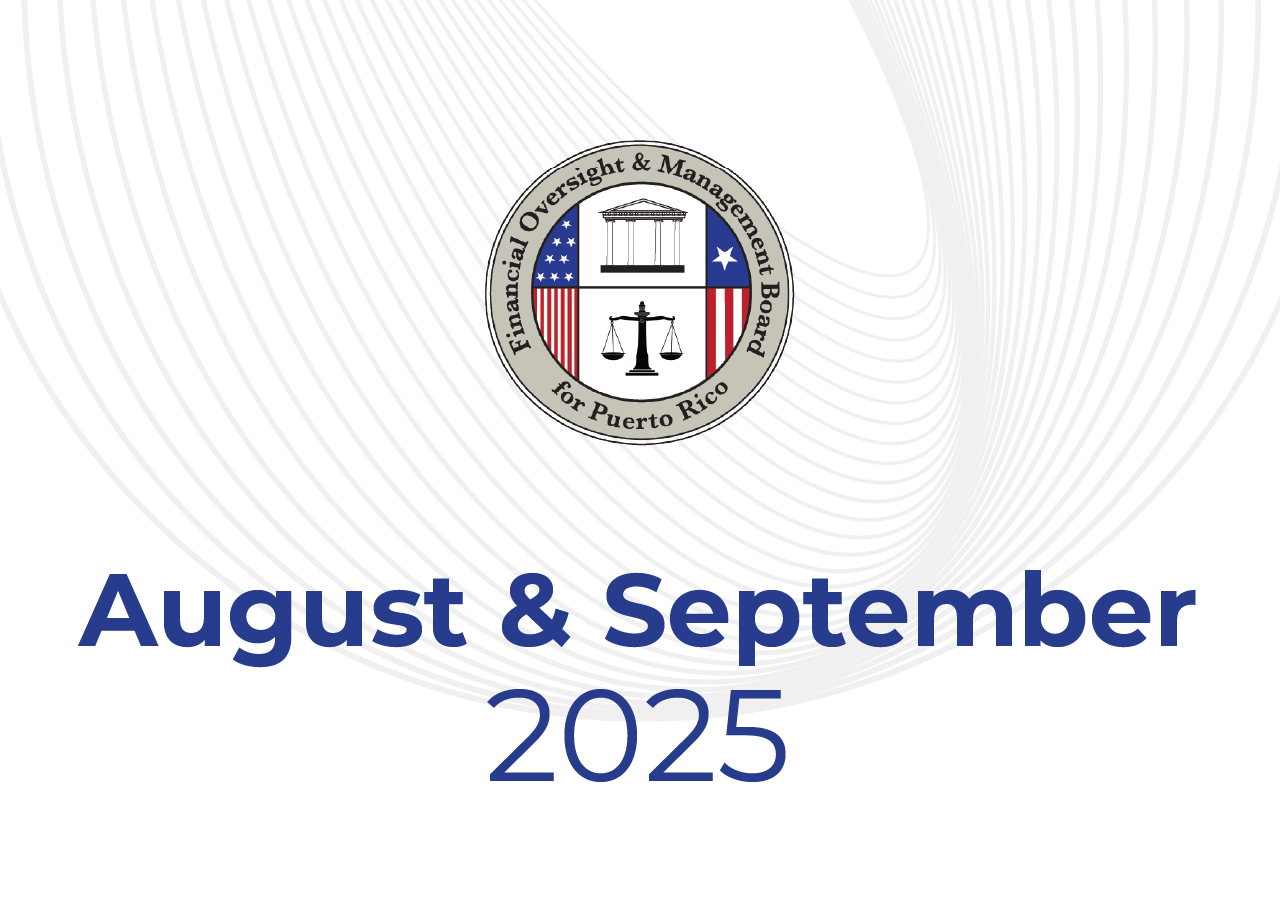This column was originally published in Spanish by El Nuevo Día on Julio 29, 2024
Puerto Rico deserves a modern energy system with reliable and cleaner electricity. Renewable energy is an integral part of this transformation, an integral part of the Fiscal Plans the Financial Oversight and Management Board for Puerto Rico certified, and a requirement under Puerto Rico’s Act 17 of 2019.
This transformation is a critical element of economic development to create sustainable growth. It is also a necessary element of improving the life of everyone in Puerto Rico. We cannot go on with the system we have had for decades now.
Determining the rules of how the energy system best serves the public interest is another important element of the transformation. Public interest is often in the eye of the beholder.
Act 10 of 2024 removes the referee from an important element of Puerto Rico’s energy transformation. It is as if we remove the umpire for one inning. It’s not how a good game is played. That is why the Oversight Board believes Act 10 must not stand.
In 2018 and 2019, the Government – Legislative Assembly and Governor – determined the shape of Puerto Rico’s future energy system. Act 120 of 2018 broke up the failing Puerto Rico Electric Power Authority and Act 17 of 2019 set the goal to generate 100% of electricity from renewable sources by 2050. Act 17 also gave the Energy Bureau more responsibility and power. The Oversight Board agreed and, together with PREPA, incorporated this framework into the Fiscal Plan that is the roadmap for Puerto Rico’s energy transformation.
The Oversight Board has also been doing its part to achieve Puerto Rico’s renewable energy goals. We supported large scale green energy by approving contracts that will provide solar farms. We vigorously fight in court against bondholders to protect Puerto Rico’s renewable goals. PREPA had for years stalled the installation of rooftop solar panels but since the transfer of the grid to a private operator, rooftop solar took off. More than 120,000 roofs in Puerto Rico have now solar panels.
Puerto Rico subsidizes rooftop solar. Households with solar panels generally generate more energy than they use when the sun is shining. PREPA then buys that electricity at the same price as what those households pay PREPA for using electricity when their solar panels don’t generate energy, for example at night. That’s called net metering.
PREPA generally buys electricity from other sources at a lower rate than it sells electricity, and the difference between the purchase and sale prices is used to pay for maintenance and improvements, and to pay employees and retirees.
Getting more solar panels on roofs is important. But we must all be aware that the subsidy is a cost on the system – a cost paid by customers who do not have solar panels. The benefits of these subsidies may well outweigh the costs. The Energy Bureau must be able to ensure the policies and rules in place balance the cost and the benefits in the public interest.
That is the way it should be. But that’s where Act 10 interferes. The government has made an abrupt departure from its policy of de-politicizing the energy sector. Act 10 says the Energy Bureau cannot make any changes to the current net metering policy for many years. The question for the Oversight Board is not whether the policy must be changed or remain in place but who should make that determination: Special interests acting on personal motives, , or the independent Energy Bureau? It must be the Energy Bureau.
The energy system has only just begun to recover from decades of political mismanagement that left the people of Puerto Rico with a failing electric system. Yet, Act 10 was passed by the Legislative Assembly without any public hearings. The bill was drafted and submitted at the request of an advocacy group, and with the strong support of the rooftop solar installer lobby.
Let me be clear: Talk about the Oversight Board’s opposition to renewable energy is wrong. Talk about the Oversight Board’s action to stop net metering is wrong. We will continue to defend Puerto Rico’s renewable goals in a way that is smart and in a way that is in the best interest of the people of Puerto Rico, because that’s what matters most. That is why we must allow the Energy Bureau to do its work.





